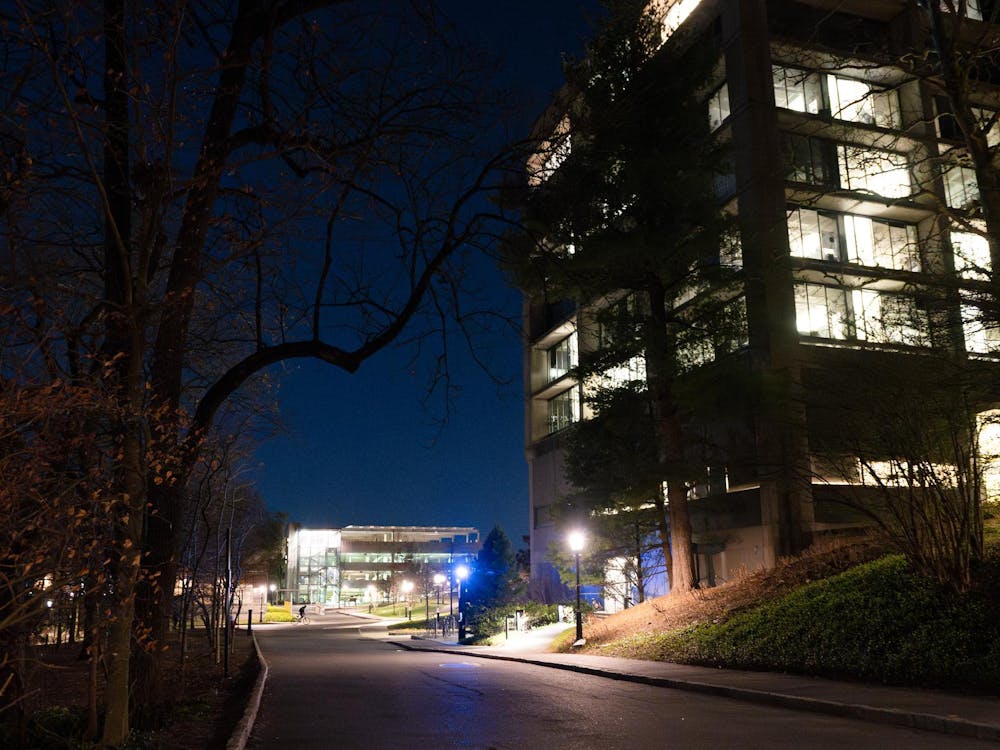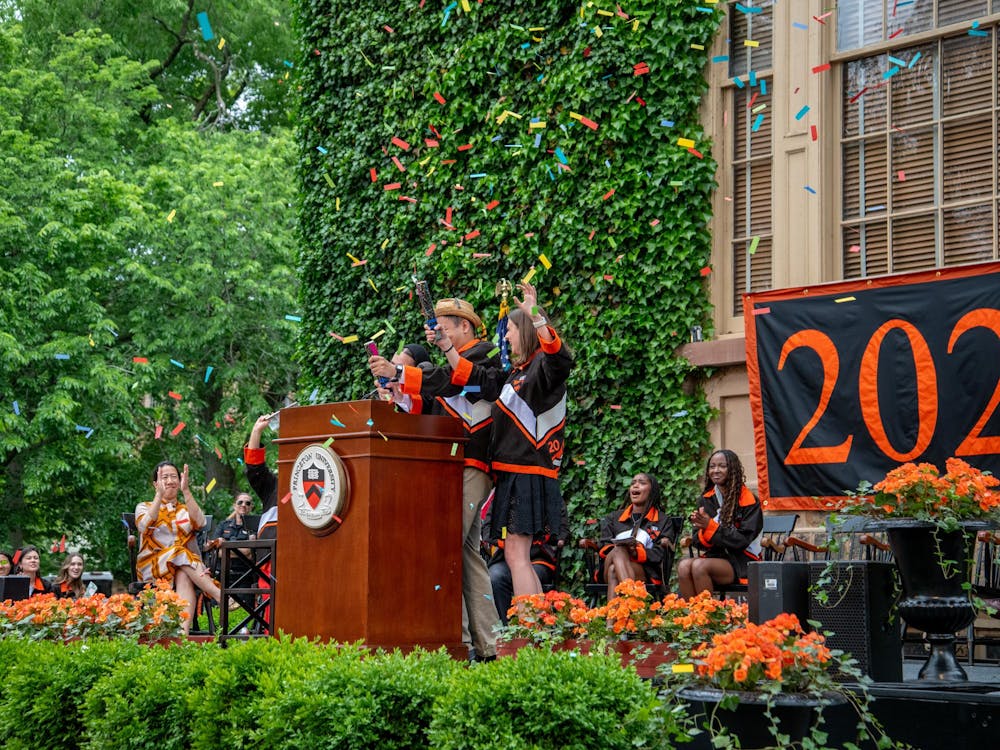At some point these thoughts began to change. My cousin Ernest — a retired Marine who served as a sniper and platoon leader in the first Gulf War and later at Guantanamo Bay — explained to me once how supporting the troops also necessitates a support of their work and their efforts, as the two are interwoven. It means little to the men and women who risk their lives in service to their country to be supported only as individuals. Their missions in the armed forces are a crucial part of their roles and identities.
I remember the first time I truly thought about the sacrifice of service in the armed forces: During my senior year of high school, I was at Starbucks with a friend who had expressed his desire to join the military through ROTC. On our way out, we passed a young man clad in Army fatigues. My friend stopped for a moment, to my surprise, to thank the man for his service to our country. The man’s face lit up with unmistakable gratitude as he shook my friend’s hand in return.
At a lunchtime faculty panel on April 20, Maj. Kate Barber, a master’s in public policy candidate at the Wilson School, echoed similar thoughts, noting the pride and thanks she feels whenever she is acknowledged for her service. Additionally, after delivering a series of thought-provoking remarks, sociology professor Miguel Centeno stated bluntly that he had counted the crowd and that there were only 21 people present. He spoke of some of the fundamental differences between academia and the military and wondered why so few students were engaging in the dialogue. Other panelists encouraged the idea that “service” as the University and society promote it does not preclude military service: While we encourage students to act “in the nation’s service,” to become community and national leaders and to head nonprofits and governmental agencies, we should also recognize those individuals in the undergraduate student body who have already committed to military service after they leave the Orange Bubble, especially through programs such as ROTC. All of the faculty members on the panel who were veterans spoke at some point about the amazing servicemen and women they have met. One student in the audience remarked that the panel discussion surpassed four years of classes as the best lecture she’d ever attended; I found myself equally stimulated by the messages and personal stories of the panelists and was driven to share my experience with others.
We always hear about how fortunate we are to be students at this amazing institution, but not all of us will go on to graduate schools or comfortable jobs. Some of our friends and classmates will graduate from Princeton to become officers and will be deployed to some of the most unstable regions of the world; this fact brings war and conflict a bit closer to home for all of us. I still believe that war should be avoided whenever possible, and I am still against the idea of anyone, civilian or soldier, being killed in conflict. Our politicians need to realize how their politically motivated decisions affect lives everywhere — not only those of our soldiers, but also of their families and the civilians and servicemen in the countries where we deploy our troops. However, I believe that we as students can offer a distinct perspective and engage with this issue more directly than we have in the past. Supporting the troops does not have to mean supporting everything related to the military or vocally advocating war, but instead taking the time to appreciate and value our own safety and freedom at the expense of those men and women who honorably and selflessly continue to serve us each day and take on the challenges of conflict and peace throughout the world.
Christina Laurenzi is a sophomore from Mountain Lakes, N.J. She can be reached at laurenzi@princeton.edu.







